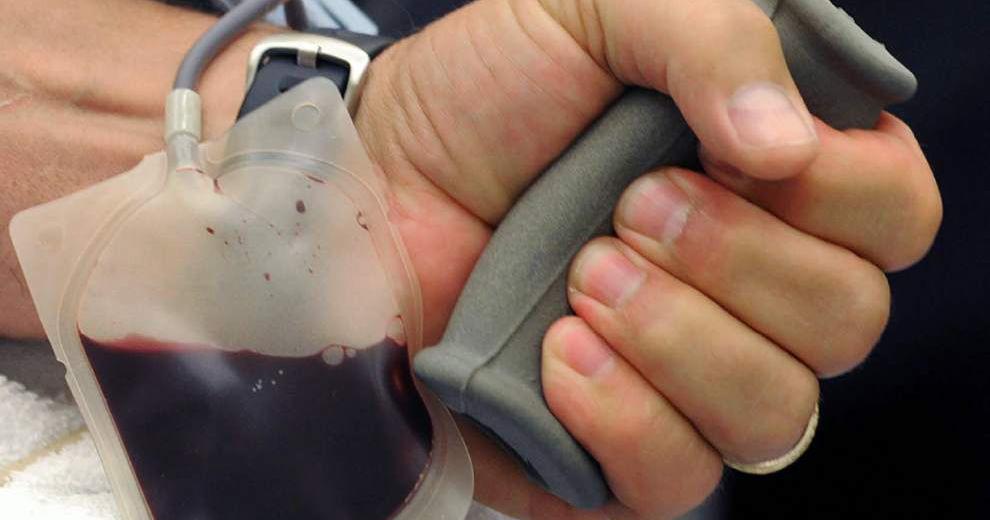Blood
Blood donation rules change, allowing gay and bisexual men to donate
The U.S. Food and Drug Administration recently removed rules that specifically limited when gay and bisexual men could give blood, which officials hope could increase the number of donors at a time when blood banks are desperate for donations.
Starting Aug. 21, the same questionnaire will be given to anyone who wants to donate blood, regardless of gender or sexual orientation, blood bank officials said. The new “individual risk assessment” replaces previous screenings that had specific questions directed to men who have sex with men, as well as women who have sex with bisexual men.
During the HIV/AIDs epidemic in the 1980s, regulators banned groups that were most at-risk of contracting the virus — including gay and bisexual men — from giving blood, according to an explainer by the Harvard Medical School.
As treatment and testing for the virus improved, health officials gradually scaled back the ban. In 2015, men were allowed to donate if they attested that they had not had sex with a man for 12 months; in 2020 that period was reduced to three months.
The move by the FDA will potentially expand the number of people eligible to donate blood, “while also maintaining the appropriate safeguards to protect the safety of the blood supply,” the agency said in May, when the new recommendations were finalized.
The FDA worked with the Association for the Advancement of Blood and Biotherapies (AABB) on the new screening tool, using data from the United Kingdom and Canada, where individual risk assessments are already in place.
Potential donors go though the assessment questionnaires during private, in-person interviews with staff at blood donor centers.
Under the new assessments, a person who has taken any medication by mouth to prevent HIV infection will need to wait to give blood for three months from the most recent dose.
A person will also need to wait for three months before they can donate blood if they’ve had a new sexual partner or more than one sexual partner and have had anal sex in the past three months.
“It’s more of a gender inclusive donor assessment,” said Barley Juaraz, regional communications manager with Vitalant, a national nonprofit blood donation organization that has centers in Louisiana in Baton Rouge, Lafayette and Morgan City.

